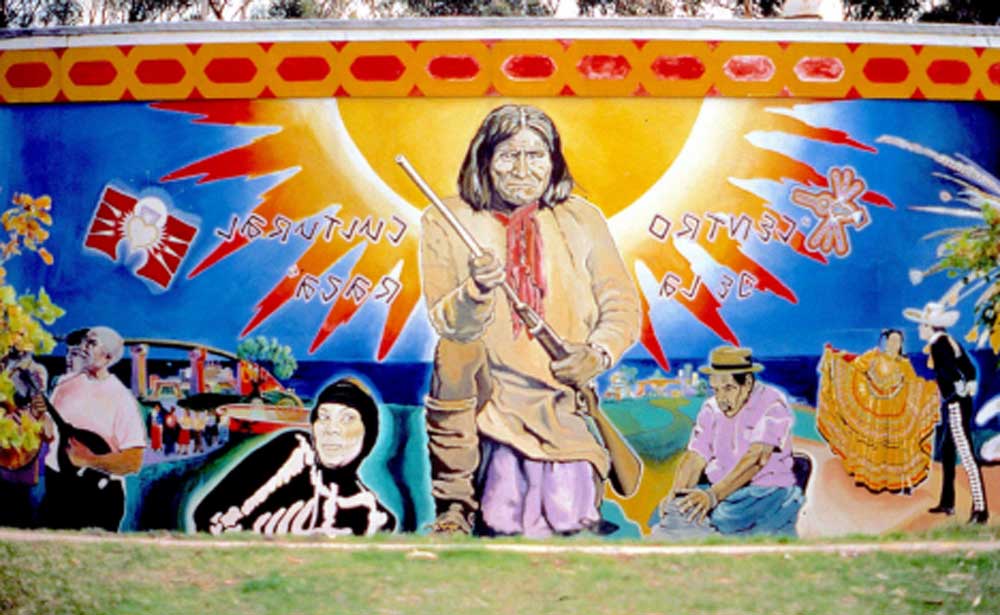While exploring the contributions of Spanish colonial Governor of Louisiana Bernardo de Galvez, I came upon important research that shed light on the significant role that this brave military officer and other Texas citizens played in helping General George Washington in the American Revolutionary war against British imperialism.
The search for greater insights about Galvez first led me to the official website of the City of Galveston. In a brief overview, Galveston officials noted that “The City of Galveston was chartered in 1839.” However, city officials strangely offered no more information on the city’s founding. The historical omissions were quite remarkable and sadly demonstrate one more example of the work historians must undertake to make Texas history truthful.
In 1785 Spanish explorers sent by Louisiana Governor de Galvez gave the bay near Matagorda Island its initial name: The Bay of Galvez. Galvez had sent explorers to the Texas coast for the purpose of finding natural ports to use in sending supplies to the American Revolutionary forces.
The Bay of Galvez harbors many secrets. Stephen Harrigan writes in his book, A History of Texas: “There was no mystery about the origins of Galveston’s name. It was named for Bernardo de Galvez, the Viceroy of New Spain who, when he was governor of Spanish Louisiana, had secured the Mississippi for the American colonies.” I have not been able to find when the name was changed to Galveston, but it appears the Galvez was changed to Galves by some American map makers.
Dr. Caroline Castillo Crimm is among a handful of scholars who have written about Bernardo de Galvez. Galvez, a Spaniard born in the province of Malaga, came to America with his uncle Jose de Galvez Gallardo. Professor Castillo Crimm wrote that as a young lieutenant, Galvez “was assigned to Chihuahua, charged with defeating the Apache in this desolate region.”
While Galvez won many battles against the Apaches, he was never able to conquer them. Crimm noted that while serving in the Apache campaign in Chihuahua, Galvez took steps not to punish the Apaches that he took captive. Crimm writes that “Galvez learned their language and…appreciated and understood that they were only defending their land.” Galvez wrote a book about how to
deal with the Apaches and was a first among the colonizers and Crimm credits Galvez with helping to improve relations with the various Indian tribes of the Western region.
Galvez had been in correspondence with prominent American colonists even before the outbreak of conflict that led to the American Revolution. Historian Robert H. Thonhoff wrote in the Handbook of Texas that Galvez exchanged correspondence with Patrick Henry, Thomas Jefferson, and Charles Henry Lee. Galvez complied with their pleas to keep the British ships out of the Mississippi River. Thonhoff also noted that Galvez made it possible for “great amounts of arms, ammunition, military supplies, and money [to be] delivered to the embattled American forces under George Washington.”
The Texas history books rarely give Bernardo de Galvez much credit for his role in helping George Washington win independence from the British forces. Two San Antonio natives became aware of this negligence in 1975 and decided to do something about it. Their efforts were linked to the celebration of the American Bicentennial planned for 1976. Charles E. Barrera, a San Antonio businessman, and Henry Guerra, a local radio personality, founded the Order of the Granaderos y Damas de Gálvez for the purpose of recognizing important individuals such as Galvez. The members of this non-profit organization explained their mission as one to “to educate the public of the substantial contributions to the American Revolution by Spain and Gen. Bernardo de Gálvez, the governor of Louisiana during the Spanish colonial period.”
The Galvez report prepared by Barrera and Guerra noted that the Louisiana Governor’s “military contributions included the capture of Baton Rouge and Mobile, as well as other British holdings. General Galvez’s successful siege at Pensacola denied a British advancement along the Mississippi River.” Furthermore, the report credited Galvez’s military forces for protecting American Revolutionary ships from the British attack on the port of New Orleans.
Thonhoff’s study also documents the efforts of Tejano ranchers in San Antonio, La Bahia, and East Texans who sent horses, and herds of cattle to support Galvez’s military campaigns along the Mississippi River. With generous supplies from the Tejanos, Galvez marched to ports along the Gulf Coast culminating in successful military victories against the British strongholds in the ports of Mobile and Western Florida.
The founding of America is a result of many men and women willing to sacrifice and fight for their ideals of a better society. Without the support of Spain and France, the American Revolution might have continued for a longer time and could have possibly been lost. The Spanish King, a long time opponent of British expansion in North America, counted on officers, such as Bernardo de Galvez, to provide military support and supplies, which often came at critical times during the American colonial fight against the British forces who controlled some of the strategic ports along the Gulf Coast. These important and critical contributions should not be forgotten in American history.
Latino Contributions to the Founding of America






